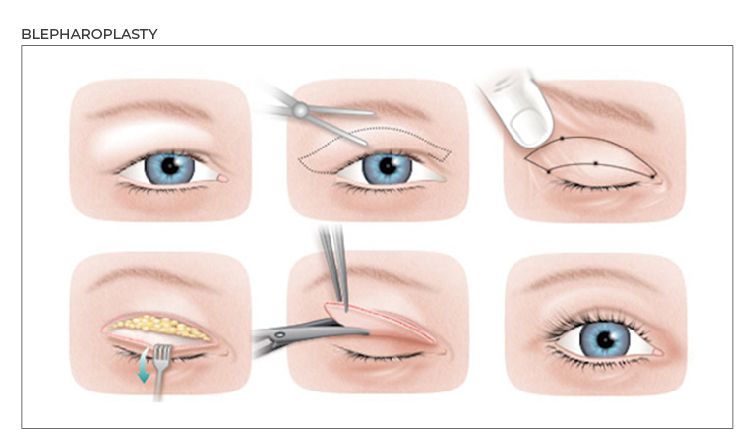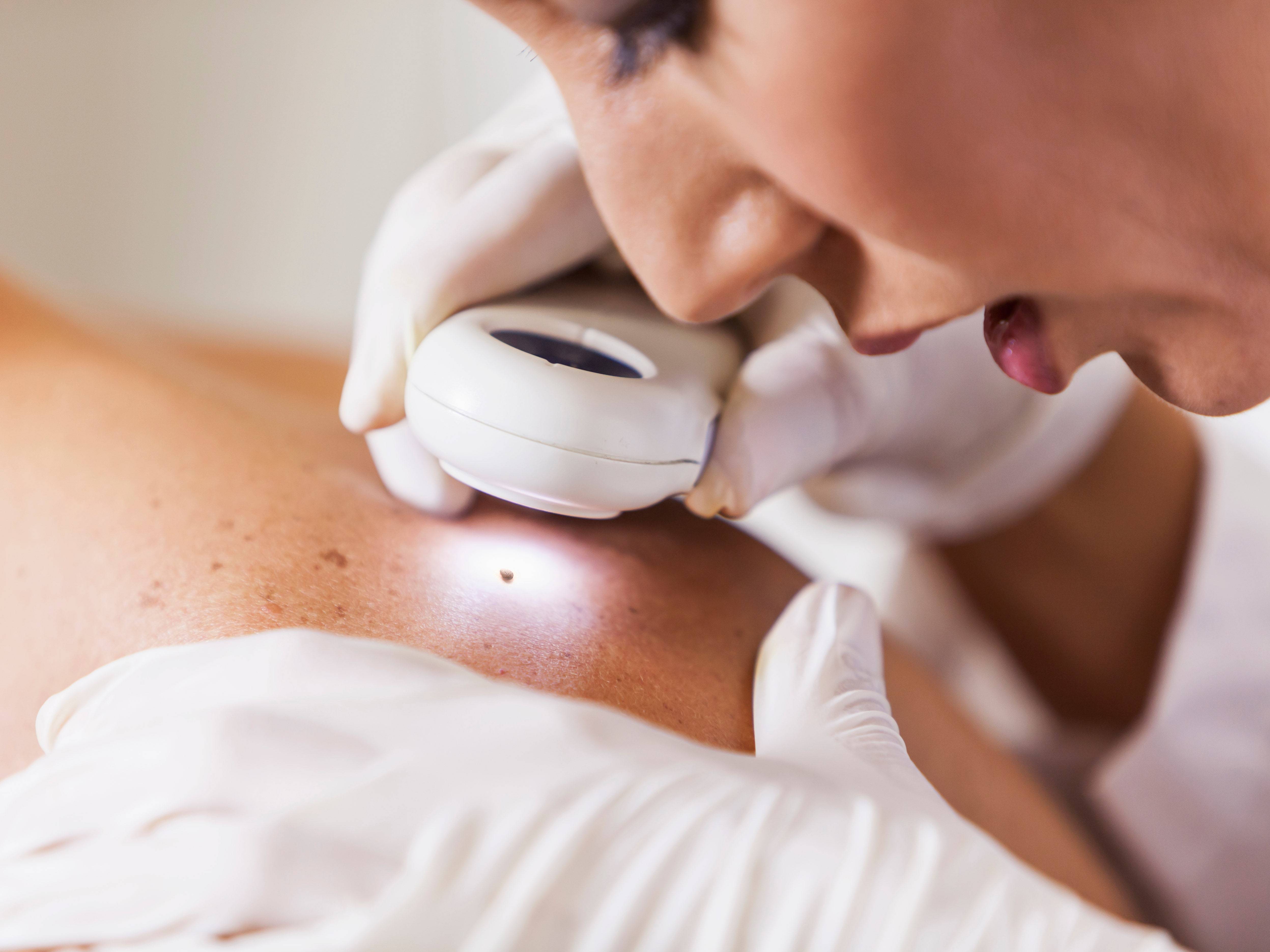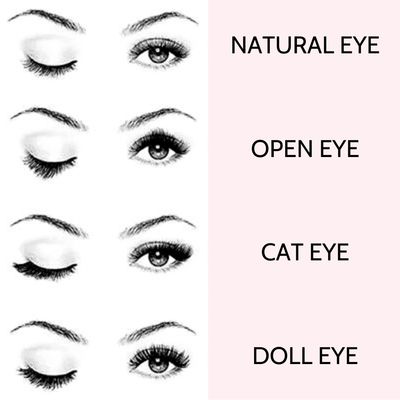
If you or your child is suffering from a deviated septum, there are several treatment options. This problem can be treated with surgery or conservatively. Read about the risks and benefits of surgery before you make a decision. In some cases, you may need other types of repairs, such as a new septum.
The treatment options
Deviated septums can make it more difficult to breath. There are several options available to treat this condition. These treatments can relieve symptoms such as stuffy nose or sinusitis and may also help delay surgery. Decongestants are medicines that reduce the swelling in the nasal cavity. They can be taken either by mouth or sprayed directly into the nasal cavity.
A deviated septum can be treated without surgery if it's mild and causes no long-term complications. If it becomes severe enough to affect breathing, surgery may be necessary. If non-surgical treatments fail, ENT doctors, also called otolaryngologists recommend surgery.
Surgical options
A deviated septum can be fixed surgically. This will allow you to breathe easier and decrease nasal congestion. There are two options: turbinate or valve reduction. It is possible to have surgery to remove polyps and improve the function of your nose. If you are considering surgery, you should know the risks and benefits of this procedure.

Although surgical procedures won't fix every deviated Septum, they may help if it is causing breathing problems or chronic congestion. A deviated septum can make your nose look crooked and make you feel self-conscious about your appearance. The septoplasty procedure can straighten the septum or correct other structural issues. Patients can return home that same day with minimal bruising or scarring.
Surgery complications
Sinus infections may be more common if there is a deviation in the septum. These infections can cause inflammation and irritation of the nasal passages. They can also lead to infections in the eyes or brain. If left untreated, these infections can spread to the brain tissue, causing brain damage or seizures. In some cases, surgery is necessary in order to correct the septum defect.
Surgery to correct a septum defect can lead to a variety of complications. Although the risks of such surgery are relatively low, the procedure can result in long-term problems. The possible symptoms include bleeding, pain, infection, and even death. Some patients may need to see a neurologist in order to manage any complications.
Allergy treatment
Doctors will diagnose deviated Septum based upon the symptoms and a physical exam of the nose and sinuses. To determine the cause, a doctor will ask questions about the symptoms and lifestyle of the patient. A CT scan of the sinuses may be performed to assess the severity and extent of the problem.
Patients may be able to reduce their symptoms by using allergy treatment for deviated sinusum. It can reduce swelling and alleviate congestion. It won't fix the root cause.

Alternatives for surgery
While surgery is the most common way to correct a deviated septum, there are also alternatives available. Endoscopic septoplasty is an excellent minimally invasive alternative to traditional surgery. It provides excellent visualization of bone and cartilage, allowing the surgeon to target the deformity.
The surgery corrects the deviated nasal septum by straightening it, then reinserting into the nose. To ensure proper alignment, the surgeon may need to trim and then reinsert the septum. The result is better airflow through your nose. The surgery results may not last, and patients should be aware of the possibility that other conditions can make the condition worse.